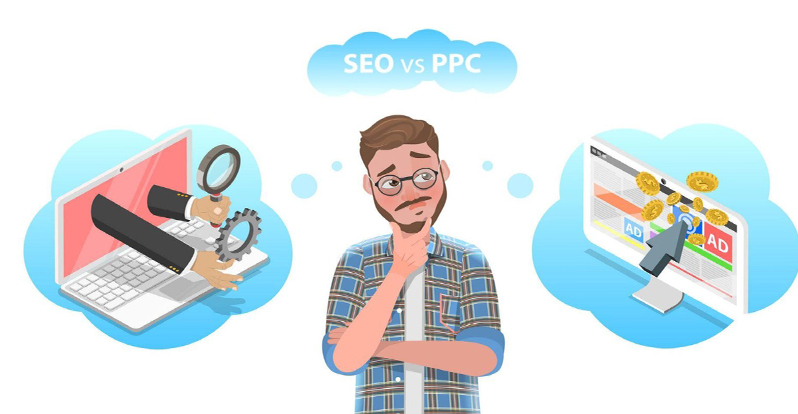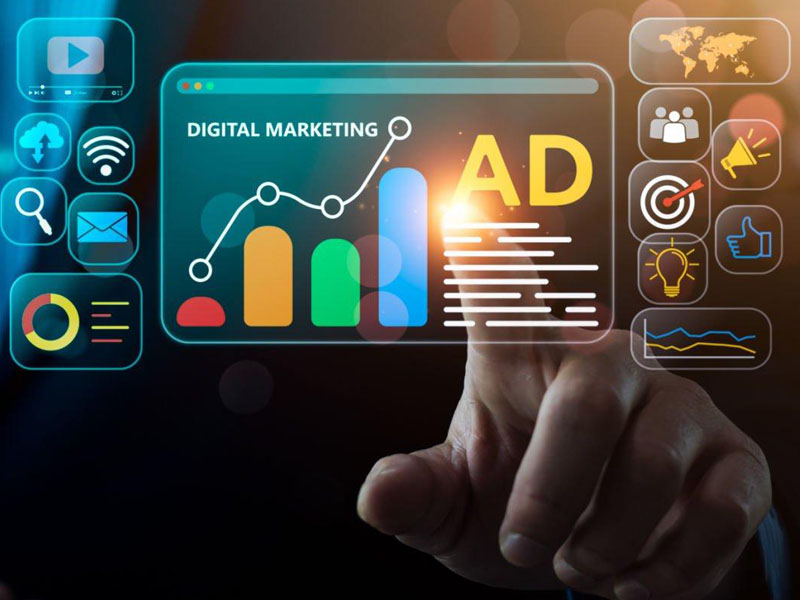SEO vs PPC: Which one is better?
To settle the debate, neither one is better. It is your strategy that makes either of the two work. SEO (Search Engine Optimization) and PPC (Pay per Click) are two of the most common words thrown around in digital marketing, also two of the most sought after techniques. When it comes to getting your content appear on Google or similar search engines, content creators commonly use SEO to create a base for their content and them move towards PPC. But, before we delve deep into the strategy of selecting one over the other, let’s understand the basics.
SEO is the process of optimizing your website to rank higher in organic search results. A long-term strategy requires ongoing efforts to improve your website's content, structure, and backlink profile. Yes, SEO is time consuming and requires consistent efforts to achieve higher rankings.
PPC, on the other hand, involves paying for ads that appear at the top of search engine results or on other websites. With PPC, you can quickly drive targeted traffic to your website and have more control over who sees your ads. It is an immediate way to increase visibility and generate leads or sales, but it requires a continuous investment as you pay for each click on your ads.
So, how to select between the two? The selection comes down to specific goals, budget and resources. In certain situations, you may want to prefer one over the other. For instance, if you are offering informative content then selecting Search Engine Optimization is better. However, if you are running a sale then you want to target your audience right through PPC. Here is a detailed view of what both have to offer.
Benefits of SEO:
• Cost-Effective way of ranking: You can rank on servers organically through SEO. Although it requires investment in terms of time and resources, but it builds credibility over the long run and needs no financial input.
• Long-term strategy: SEO is a long-term strategy that aims to improve organic (unpaid) search engine rankings. It involves optimizing your website and content to make it more attractive to search engines. It comprises of on-page, off-page and technical SEO. A combination of all three combined with original and informative content sure makes your site clickable.
• Trust building factor: High organic rankings can build trust and credibility with users, as many perceive organic results as more trustworthy than paid ads.
• Sustainable traffic growth: SEO requires optimizing content to rank for a particular keyword. Once your website ranks well for relevant keywords, you can switch to SEO if you had earlier relied on Pay Per Click.
Benefits of PPC:
• Immediate and effective results: when done accurately, PPC delivers results almost immediately. Once your ads are set up, they can start driving traffic to your website.
• Targeting and retargeting: Targeting allows you to funnel your audience based on their location, user behavior and demographics. On the other hand, retargeting allows you to target who had once visited your site. It is similar to persuading someone into buying your products and services through repeated visibility.
• Control over budget: You get to choose how much, when and where you want to spend your advertising budget. It is flexible in that capacity.
• Measured effectiveness: Since you only pay when someone clicks, you get better estimations on whether your ad campaign is producing effective results or not.
Additionally, it is worth noting that a combination of both produces effective and quicker results than relying only on one tool. While SEO gives long-term results over a longer duration, PPC can fill in the gaps by driving traffic to your site.



